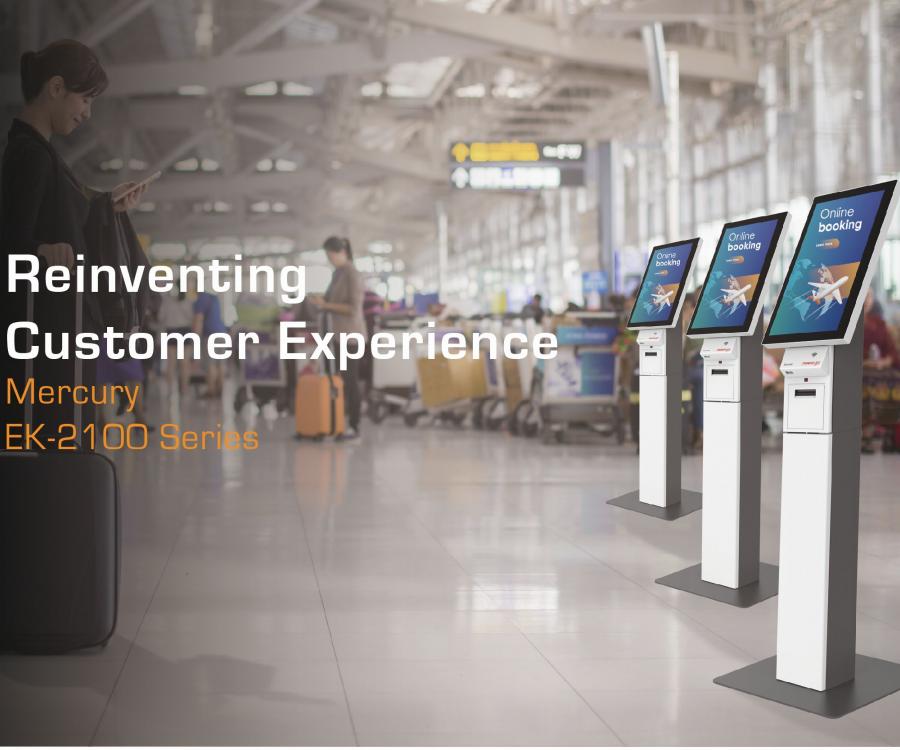Within the scope of a pan-European EU project, Hoeft & Wessel is developing a new user interface for ticket vending machines. Several 100,000s of bank and ticket vending machines have been installed in Europe. These self-service terminals are an important point of contact for millions of persons every day.
The EU is now funding a project worth millions to facilitate access to such services. The operation of terminals via touch-screen displays - the so-called user interface - is perceived as having substantial optimisation potential. Thanks to its many years of international experience in this field, Hoeft & Wessel has been awarded the contract to develop this software for TVMs. This represents a high level of responsibility for users of the public transport network in Europe.
The total lifetime of the international project APSIS4all – Accessible Personalised Services In Public Digital Terminals for all – is three years, including the trial phase. The German pilot project is being carried out under the overall supervision of Hoeft & Wessel. The software developed for the TVMs of the type almex.station is being tested jointly with the transport company PaderSprinter headquartered in Paderborn, Germany. Other participants are a nationwide German interest group for the socially disadvantaged, namely SoVD (Sozialverband Deutschland) that represents the users, as well as the Austrian company CURE, specialists in the field of interface design. An initial test is scheduled for 2012.
The objective of the project is to enable poorly trained as well as senior citizens or persons with impaired mobility to have enhanced access to self-service terminals and, therefore, to persuade them to use the facilities in question.
For passengers, it will become even easier to operate the terminals in future. To this end, customers will be given a SmartCard featuring RFID technology, to which individual screen and operating parameters are saved. Once the data is scanned, the software ensures that the font size, colour and contrast of the user interface are adjusted to the large touch-screen display of the TVMs in line with the profile saved to the card in question. The TVMs thus automatically adapt to the personal needs and preferences of each individual passenger. By way of supplementation, a ticket purchase can also be supported by using an NFC-enabled smart phone.
The new software substantially reduces the necessary information to be entered by the passenger. This development makes it considerably easier to operate public self-service terminals and leads to a further improvement in the level of user-friendliness. As a result, this makes public transport services more attractive and thus also improves the mobility of senior citizens and passengers with impaired mobility.
More informations about the project under www.apsis4all.eu









